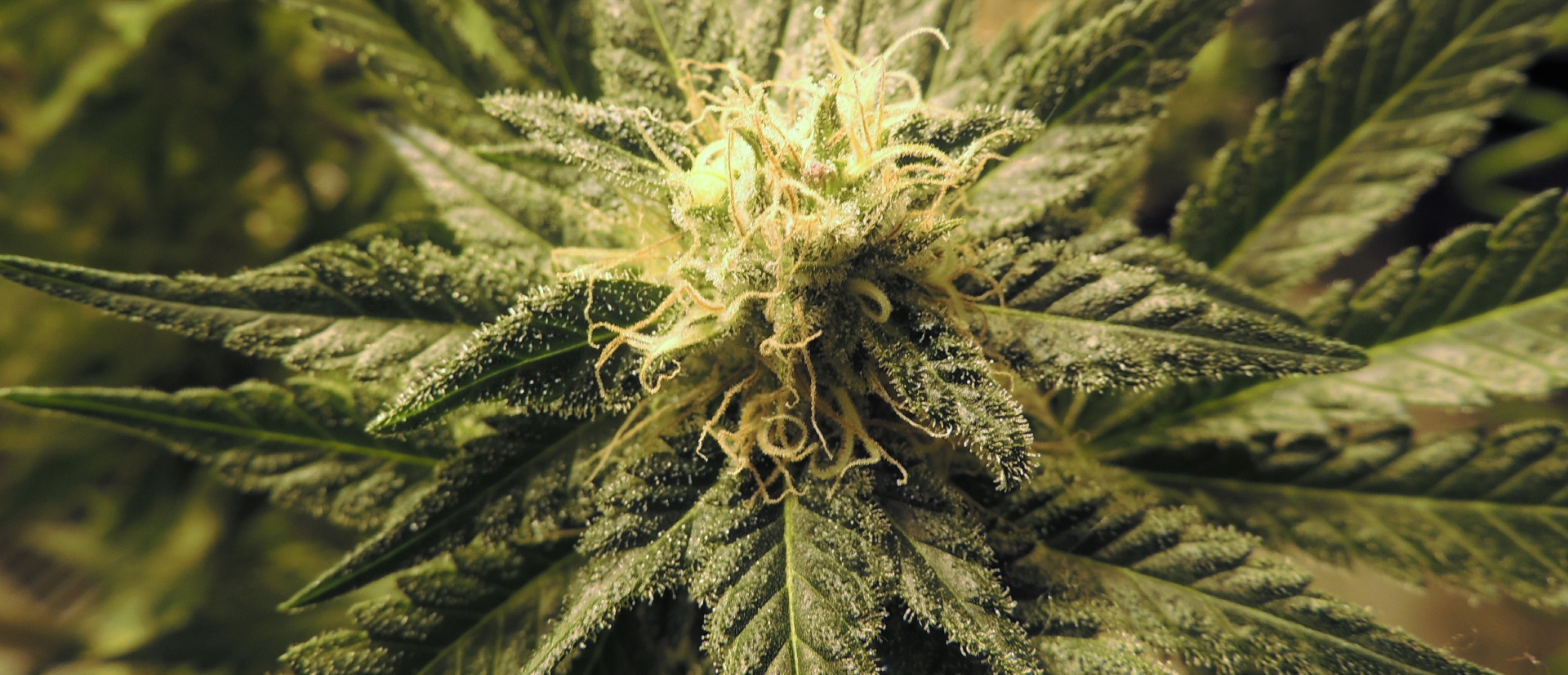 A recent study conducted by researchers at UC Berkeley links frequent sulfur applications to reduced lung function, increased asthma-related symptoms, and higher asthma medication use in children living about a half-mile or less from agricultural operations. The complete text is available here (https://ehp.niehs.nih.gov/doi/pdf/10.1289/EHP528). Since publication in August of 2019, the study has gone viral, even showing up on websites of personal injury law firms actively seeking clients like this one: (https://thomasjhenrylaw.com/blog/environmental-hazards/sulfur-pesticides-might-linked-children-developing-lung-problems/). This raises an interesting question.
A recent study conducted by researchers at UC Berkeley links frequent sulfur applications to reduced lung function, increased asthma-related symptoms, and higher asthma medication use in children living about a half-mile or less from agricultural operations. The complete text is available here (https://ehp.niehs.nih.gov/doi/pdf/10.1289/EHP528). Since publication in August of 2019, the study has gone viral, even showing up on websites of personal injury law firms actively seeking clients like this one: (https://thomasjhenrylaw.com/blog/environmental-hazards/sulfur-pesticides-might-linked-children-developing-lung-problems/). This raises an interesting question.
Can farmers be held liable for injuries having occurred to people living near their farm as a result of sulfur applications made at the farm?
The answer is: Check with a lawyer. I am not one. But I can tell you this: if a farmer applies an herbicide and it drifts onto another farmer’s land and that farmer suffers a loss as a result, the farmer making the herbicide application can be found liable.
Sulfur is a good product, and relatively safe, but it is also by far the most widely used pesticide. It is simply used too much. The UC Berkeley study only linked childhood respiratory symptoms to children living within a half a mile or less of farming operations making ten or more sulfur applications in a season. Surely, we can reduce sulfur applications to well below that application threshold.
Circadian Crop Sciences, LLC has two products that can help farmers reduce their sulfur use and to do so affordably. All Phase infuses sorbic acid from potassium sorbate within an organic polymer. Sprayed on foliage and fruit it can prevent most foliar diseases. It performed very well in the 2019 Grape Powdery Mildew Trials conducted by the Plant Pathology Department at UC Davis.
http://plantpathology.ucdavis.edu/fruitcropfungicidetrials.cfm
According to the principal investigator, Dr. Akif Eskalon, the 2019 trial had the greatest disease pressure in the last ten years of field testing. All Phase was one of the few pesticides that was applied without adjuvants, without tank mixes, and without rotating with other pesticides. It performed very well when applied at half of its labeled rate at a seven-day interval. It can also be applied as frequently as sulfur, but we recommend alternating with sulfur applications so that neither product is overused. When applied more than once a week we recommend a low rate that will cost growers around $16/100 gallons of ready to use spray solution. Growers can easily afford this. And frequent applications made to prevent powdery mildew are generally more effective than stretching out the application interval and applying pesticides at higher rates.
All Phase leaves behind no visible residues. Potassium sorbate has no taste. That is one of the reasons it is so widely used in foods. Vintners can rest assured that crops treated with All Phase will not have their terroir impacted. All Phase can be used up to harvest, protecting grapes and other crops from botrytis and aspergillus as well as powdery mildew. Some growers rely on dusting sulfur to keep mites in check, but All Phase is compatible with horticultural oils, which are effective miticides, but generally incompatible with sulfur. All Phase can also have organic status, if a petition before the NOP is approved to include potassium sorbate.
Circadian Sunrise is another product of Circadian Crop Sciences, LLC. It will also control powdery mildew, even knocking down existing outbreaks. It is a horticultural oil comprised of corn oil and an essential oil rather than petroleum. An essential oil was proven highly effective in the UC Davis 2019 Grape Powdery Mildew Trials, but the cost of the product was ridiculously expensive. By combining peppermint oil with corn oil, Circadian Crop Sciences can get the cost down to around $1/gallon of ready to use spray. This can be used between sulfur applications, so if organic growers switch from dusting sulfur to using micronized sulfur sprays, they can use the oil to knock down spider mite outbreaks. This product isn’t currently OMRI Listed, but it could be.
So, what are farmers going to do? Ignoring the problems with sulfur is a poor option. It opens farms up to lawsuits. It puts pressure on the State Legislature to act, in which case they will overreact. It is bad for public relations. Most importantly, continuing to apply sulfur at such high frequencies is bad for farm workers and children. And we can reduce sulfur use without harming farmers.
Farmers have options to using sulfur. Good ones.




